Table of Contents
A healthy liver diet consists of foods that are rich in vitamin E, antioxidants, and fiber. You should also reduce the amount of fat stored in the liver by eating foods that contain these nutrients. Cruciferous vegetables are a good source of vitamin E, and cruciferous vegetables reduce the fat stored in the liver. Eating nuts and cruciferous vegetables can help prevent liver cancer and reduce fat storage. Also, oats are high in fiber and low in fat, making them a great choice for your liver diet.
Nuts are good sources of vitamin E
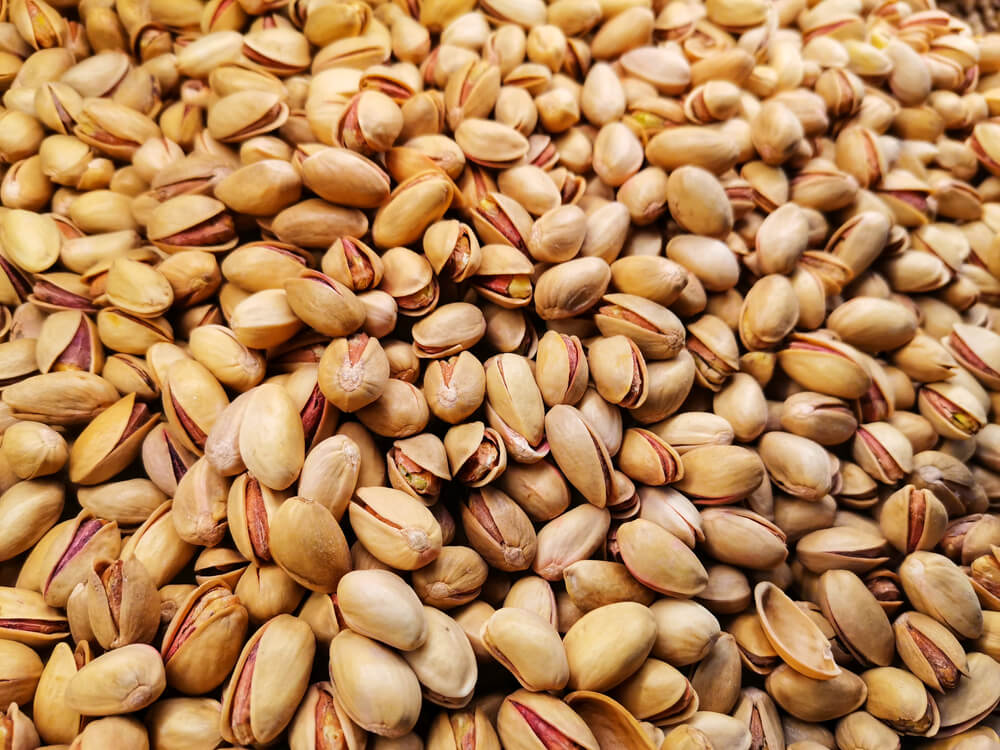
The nutrients in nuts are especially important for your liver. A variety of nuts, including almonds, hazelnuts, peanuts, and cashews, provide the needed amounts of vitamin E for your liver. Other good sources of vitamin E include spinach, red bell peppers, peanuts, and walnuts. Although more research is needed to prove its benefits, current evidence shows that vitamin E is effective in reducing fatty liver. Experts also recommend sticking to water over sugary or high-calorie drinks. Drink at least half an ounce of water per pound of body weight daily to maintain a proper hydration level.
The recommended daily allowance of vitamin E is 2,000 IU of vitamin E. However, you should be eating a healthy diet that contains a high concentration of vitamin E. The dietary recommendations should be consistent with your body type. If you eat plenty of vegetables and nuts, you will get plenty of vitamin E. But if you don't eat enough, you'll end up with fatty liver, and your body will respond negatively.
Among the foods that contain vitamin E, nuts and seeds are the richest sources. While fruits and vegetables are decent sources of vitamin E, they lack the antioxidant properties of nuts. Fruits contain vitamin C, which cooperates with vitamin E as an antioxidant. Cooking oils, especially wheat germ oil, are good sources of vitamin E. One tablespoon of wheat germ oil provides 135% of the recommended daily allowance for vitamin E.
Cruciferous vegetables reduce fat stored in the liver
Cruciferous vegetables have been linked to reduced risks of certain types of cancer. They have been found to prevent the growth of various tumors and have also been linked to a lower incidence of prostate cancer. These vegetables also contain phytochemicals, such as sulforaphane, which stimulate and activate the liver's detoxification enzymes. Eating more cruciferous vegetables may help protect the liver from fatty liver disease.
Consuming cruciferous vegetables may also prevent or reverse symptoms of NAFLD. According to the Dietary Guidelines for Americans, eating one to two cups of these vegetables every day can improve liver health. But how can you be sure of its benefits? The kind of fat you consume is important. Unsaturated fats help the liver metabolize indole more effectively, while saturated fats cause inflammation throughout the body.
The phytochemical glucosinolates in cruciferous vegetables may help fight cancer. They reduce the production of inflammatory markers in mammalian cells. PEITC has similar effects to aspirin. Other anti-inflammatory foods include pineapple and beets. Cruciferous vegetables have anti-inflammatory properties and may also help people with inflammatory conditions such as UC. They also help to maintain normal blood sugar levels.
In addition to being low in calories and high in vitamins, cruciferous vegetables are packed with antioxidants and minerals. Their high sulfur content has been associated with numerous health benefits, including reducing inflammation, regulating blood sugar, and promoting weight loss. However, you should watch the amount of cruciferous vegetables that you consume since too much can cause excess gas and may damage your thyroid. If you are looking for a new way to reduce the fat stored in your liver, cruciferous vegetables are an excellent choice.
Exercising helps reduce fat levels in the liver

It has long been believed that exercise is beneficial for reducing fat levels in the liver, but research has revealed that it may be more difficult to find specific proof that exercise reduces fat in the liver. One study showed that acute exercise did not significantly reduce liver fat in middle-aged overweight men. However, they did find that post-exercise IHL levels were elevated. This is most likely due to an increase in plasma FFA, a factor that is associated with hepatic fat accumulation.
In addition to helping you feel better, regular exercise can boost your mood, increase your energy, strengthen your bones, and improve cognition. Exercise also has many other benefits, from boosting mood and energy levels to reducing your body weight. Regardless of whether you choose to exercise for health reasons or for physical appearance, moving regularly is essential for liver health. Sedentary lifestyles are not beneficial for the liver. This is why staying active regularly is so important for reducing fat levels in the liver.
Several studies have shown that exercise can reduce the amount of hepatic fat in individuals. Exercise, such as aerobic and resistance training, has shown promise in reducing hepatic fat in overweight and obese individuals. The mechanism of action remains unclear, but it may involve improved insulin resistance and reduced levels of free fatty acids in the liver. If you want to know more about how to improve the function of your liver through exercise, read on!
Oats reduce the risk of liver cancer
A recent study has found that eating a diet rich in whole grains and oatmeal can reduce the risk of liver cancer. The study involved more than 57,500 Danish participants aged 50 to 64 at baseline. Over the course of a 12-year follow-up, 4126 people died. Interestingly, a one-point increase in the index score was associated with a lower risk of death. This is in contrast to the increased risk of mortality associated with consuming refined grains and Wonder Bread.
Although there are numerous associations between the consumption of whole grains and reduced cancer risk, the evidence for the role of oats in liver cancer prevention is not conclusive. Although oats contain beta-glucans, the current evidence suggests that they may help regulate the immune system and reduce the amount of liver fat. Steel-cut oats are also recommended over common varieties. The researchers also cautioned that further research is needed to prove their findings.
A new study suggests that a diet rich in whole grains lowers the risk of liver cancer by almost 40%. The study followed more than 125,000 men and women for an average of 24 years, collecting data on their diet and other risk factors. The researchers found that those who ate a lot of oatmeal had a significantly lower risk of developing the disease. It is not clear whether the same effect exists in women.
Leafy greens are high in antioxidants
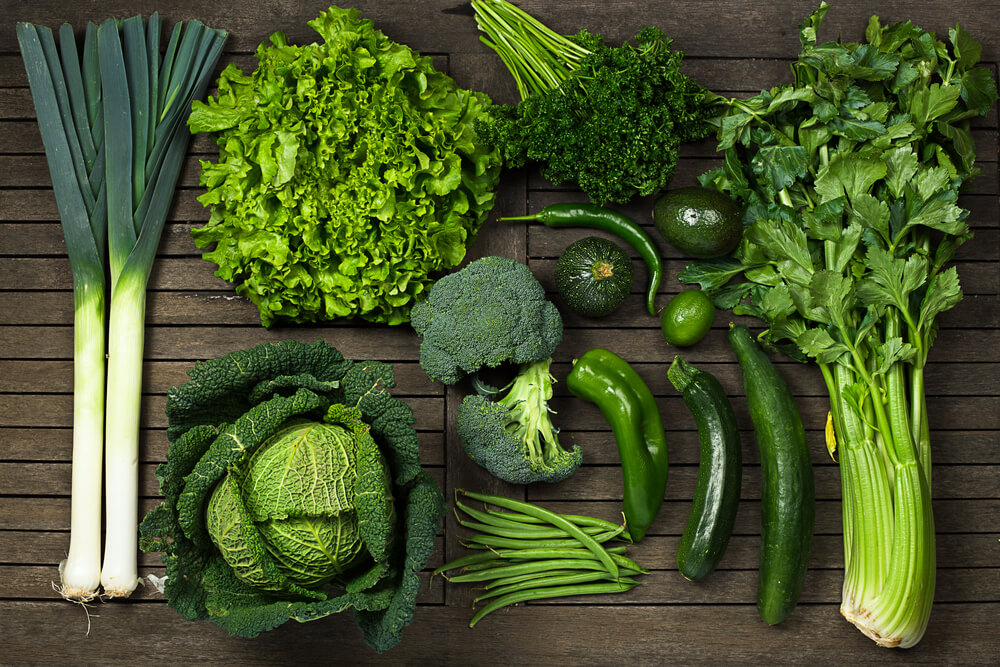
Consuming leafy greens regularly is beneficial to the liver. They contain anti-inflammatory and antioxidant properties. These compounds may also prevent the development of several health problems, including certain cancers and diabetes. In addition, they can boost immunity, heart health, bone health, and gut health. Studies also show that greens can reduce the risk of cognitive decline. However, it is important to talk to your doctor before adding leafy greens to your diet.
In addition to leafy greens, other foods high in antioxidants are beneficial for the liver. Berries, in particular, contain anthocyanins, plant compounds that protect the liver from oxidative damage and improve the immune response. Consuming these foods regularly can prevent fatty liver disease and improve the liver's capacity to detoxify harmful substances. Avocados contain healthy fats and can help to prevent liver fat build-up.
Consuming coffee regularly will increase your liver's ability to filter toxins. Additionally, it may prevent the development of liver cancer by decreasing inflammation. Other foods rich in antioxidants include leafy greens, garlic, grapefruit, and cruciferous vegetables. For instance, drinking green tea contains high levels of antioxidants and helps the liver eliminate toxins. While you shouldn't overeat grapefruit, it's safe to include it as part of your daily diet.
Avoiding toxins and illicit drugs
Toxins and illicit drugs are harmful to your health, and your liver is no exception. While detoxifying your blood may seem like an arduous task, the simple act of avoiding these substances can go a long way in maintaining a healthy liver. The following tips are not meant to replace medical advice, but to improve your liver's condition. In addition, avoid taking toxins when you can.
Alcohol and other substances that harm the liver can lead to severe damage to the organ. Additionally, alcohol can interact with other drugs, including the one that damages the liver. Avoid combining alcohol with drugs and prescription medications. If you're already suffering from liver disease, be sure to notify your physician about any other medications you're taking. Additionally, you'll want to get your hepatitis vaccinations. There are vaccines for hepatitis A and B, but not for hepatitis C.
The best food choices for a healthy liver are those from plants. Most plant-based food sources are nutritious for the liver. Leafy vegetables, berries, and fruits are good sources of fiber. But there are also many plant-based foods that have liver-friendly properties. Some of these foods include the following. Some of these foods may even be found in your local supermarket. If you want to make your liver healthy, you should avoid illicit drugs and toxins.

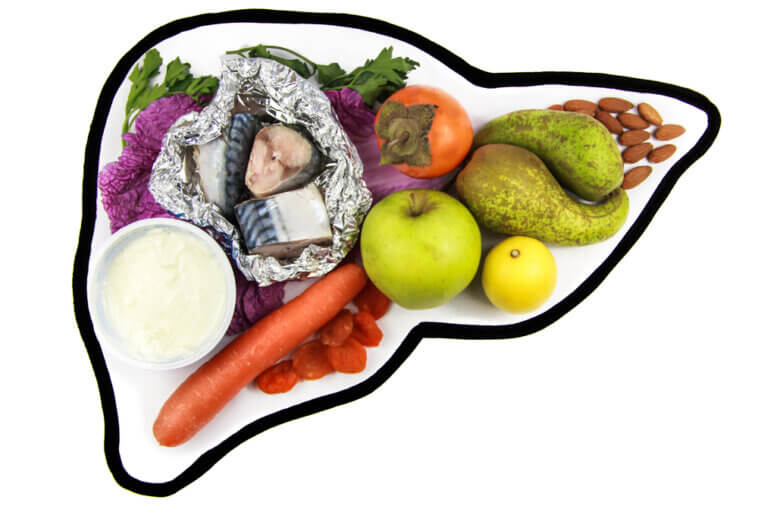
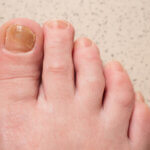
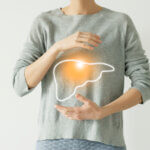
Comments
Loading…